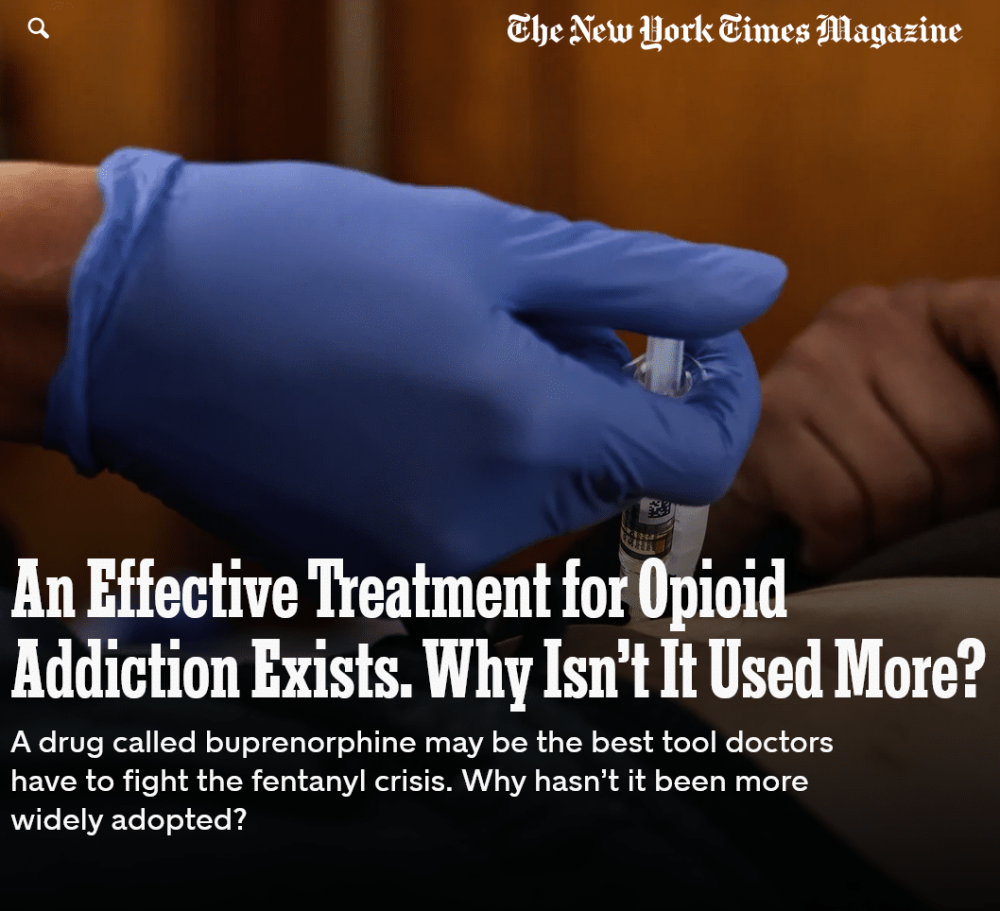Detoxifying from addictive substances presents a number of potentially fatal medical risks, psychological challenges, and unpleasant withdrawal symptoms. That’s why recovery can be challenging to achieve alone and often necessitates detox interventions. Medical detox centers can help support the transition through the detox process. This approach is recommended by the Substance Abuse and Mental Health Services Administration.
“For alcohol, sedative-hypnotic, and opioid withdrawal syndromes, hospitalization or some form of 24 hour medical care is generally the preferred setting for detoxification, based upon principles of safety and humanitarian concerns.”
– SAMHSA Detoxification and Substance Abuse Treatment Improvement Protocol, TIP 45
What is Medical Detox?
When someone has persistently used drugs or alcohol, they can face a real health risk if they suddenly stop using substances without proper medical intervention. Many people who stop abruptly will experience physiological and/or psychological withdrawal symptoms. These can sometimes be life-threatening, especially if the person has other health conditions. This is why it is critical that before stopping the use of these substances, the patient should consult a medical professional and consider the use of a professional medical detoxification facility.
A medical detox center can help safely manage a person overcome withdrawal symptoms safely and comfortably. Medical detox supports the body’s physiological processes by providing symptom management. Typically, medical detox facilities use a team of doctors, nurses, and technical support staff to monitor patients through the detoxification process. However, just like the different types of detox, there are also various types of medical facilities.
Some centers use medication and provide medical supervision. Treatment varies in terms of the programs offered and types of medical intervention and expertise. Typically, you can expect to receive a medical evaluation, assistance throughout the withdrawal process to reach stabilization, and assistance with aftercare to maintain recovery.
When picking a medical detox center, it is critical that you consider medical safety to ensure you are in safe hands of addiction experts. It is also useful to consider the level of expertise offered by the medical detox center, the type of treatment offered, whether medication is involved, what is expected of the patient, how success is measured, what aftercare options are available, and the type of comfort provided by the facilities.
What to Expect From Medical Detox
Gallus Medical Detox Centers are certified ASAM Level III. 7D Medically Monitored Inpatient Detoxification Facility, and also accredited by the Joint Commission. We offer the comfort of a residential addiction treatment center but with the clinical expertise that is far superior to most medical detox centers.
We know that each patient has unique medical and personal needs which is why we provide a personalized service that emphasizes medical safety, outstanding professional expertise, evidence-based protocols, all without sacrificing our patients dignity and comfort.
The key features of our medical detox center includes:
- Individual treatment plans
- Psychological, physical, and social assessments
- IV Therapy Program
- 24/7 medical supervision
- Cardiac telemetry and video technology
- Adjustments to treatment plans to suit our patients needs
- An individual recovery plan identifying resources and next steps toward a long-term recovery


 Steve B
Steve B 
